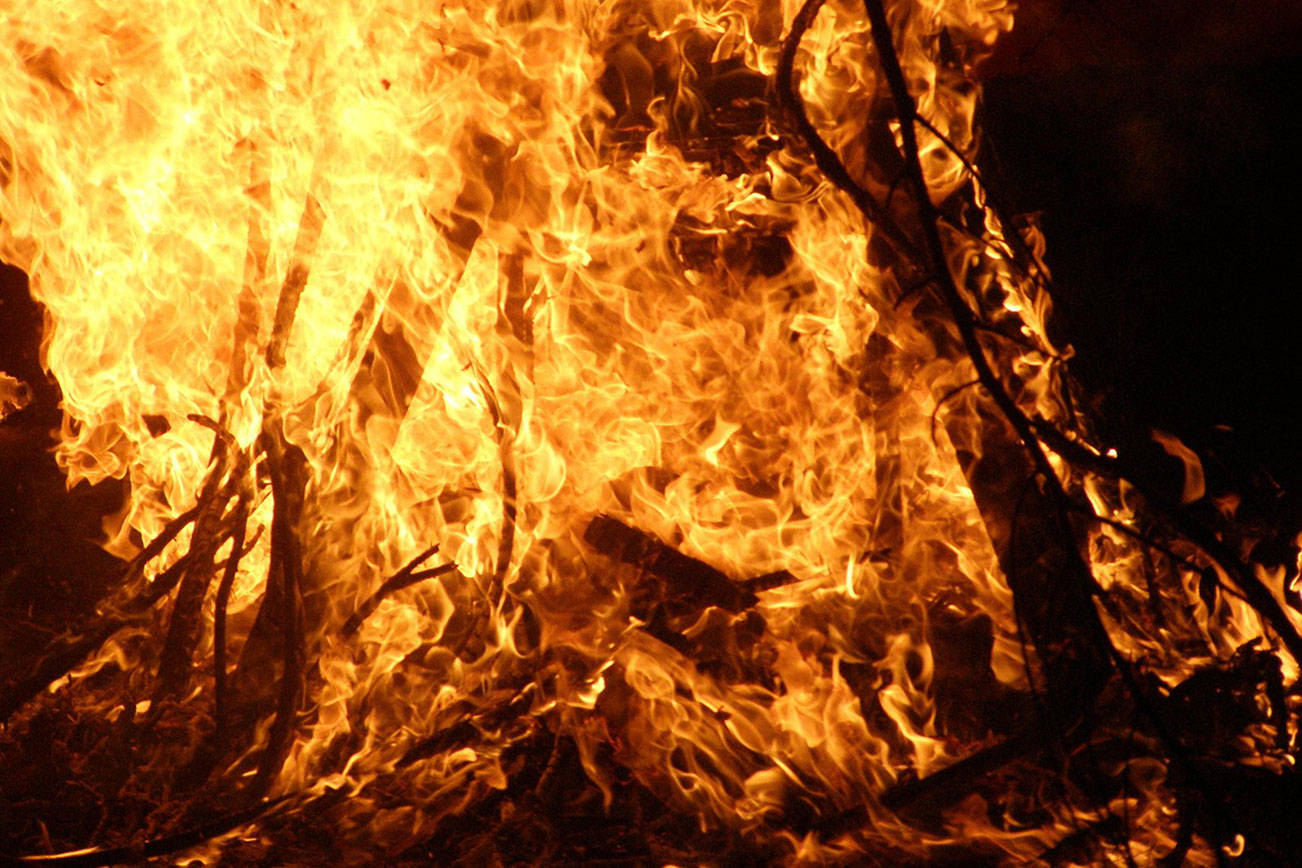November’s Camp Wildfire was California’s deadliest killing 86 people and destroying 14,000 homes along with more than 500 businesses. The financial fallout is forcing PG&E, northern California’s electric utility, to seek Chapter 11 bankruptcy protection. It is a catastrophe we all hope to avoid.
The fire’s probable cause was overhead power lines coming into contact with nearby trees which is an ongoing problem for power lines attached to poles and metal towers. While we have located the ignition point, the problem is far greater than whether high-voltage power lines should be above or below ground.
So why not require large transmission lines carrying power over mountains and prairies to be buried such as is done in major cities and newer housing and commercial developments?
Popular Science Magazine examined that alternative. Hurricane weary Florida residence wanted utilities to bury power lines to avoid prolonged electrical outages. Ted Kury, a University of Florida researcher, found that in some places undergrounding would work, but it has other problems and carries a hefty price tag.
One key problem is finding ways to dissipate the heat generated when large amounts of electricity is transmitted from generators to customers; some of which are hundreds of miles apart.
“That’s why utilities wrapped their underground wires in plastic and surround them with a conduit like oil to keep things from overheating,” Kury wrote.
Trenching can be disruptive particularly in urban areas. Streets and highways are often closed during construction causing traffic jams. To remedy that, some contractors resort to direction drilling and installing pipe which then houses power lines.
Kury found that a major obstacle is cost. For example, in North Carolina researchers calculated over 25-years burying the state’s entire transmission network would raise the price of electricity by 125 percent. In Washington, D.C., the added cost is over $1 billion which ratepayers will absorb in their monthly electric bills.
Proponents will argue that the cost of the corresponding outages are immense. Numerous analyses show even a one hour power outage can cost commercial and industrial facilities tens of thousands of dollars – and outages often last much longer. In the case of semi-conductor fabrication in Portland-Vancouver metro area, even minor power outages harm production.
“In specialized industries like museums, a power outage can mean the difference between a safe, stable climate for art and an environment that starts to quickly degrade priceless artifacts. And as we’ve witnessed in the aftermath of Hurricane Maria in Puerto Rico, damaged grids can claim human lives,” Popular Science’s Eleanor Cummins wrote last June.
Ultimately, neither system can protect power in every situation. “During Hurricane Sandy, which slammed into the northeast in 2012, underground electrical equipment flooded and above-ground utility poles were downed. It is nearly impossible to protect the electricity grid from damage,” Kury added.
The central issue is minimizing risk and rapid response. New technology helps.
For example, Dr. Edmund Schweitzer developed a system to quickly pinpoint transmission line failures and instantly route electricity around the problem. Today, SEL, Inc., is a world-leader in power technology and its Pullman manufacturing facility employs 5,000 people.
Many utilities now use drones to monitor remote power lines and send crews to remote hazards which could drop power poles and power lines.
The point is there are no magic remedies when it comes to stringing power line above or below ground. There are trade-offs and while people don’t want to lose electricity, they are prone to oppose overhead transmission lines in their neighborhoods.
Recovering from the catastrophic western wildfires of recent years, is expensive and painful. It is prompting researchers to not only re-examine electricity transmission, but how we manage our forests and rangelands.
Hopefully, collectively we realize there are no instant or magic solutions and resolve differences.
Don C. Brunell is a business analyst, writer and columnist. He retired as president of the Association of Washington Business, the state’s oldest and largest business organization, and now lives in Vancouver. He can be contacted at theBrunells@msn.com.
Talk to us
Please share your story tips by emailing editor@kentreporter.com.
To share your opinion for publication, submit a letter through our website https://www.kentreporter.com/submit-letter/. Include your name, address and daytime phone number. (We’ll only publish your name and hometown.) Please keep letters to 300 words or less.

